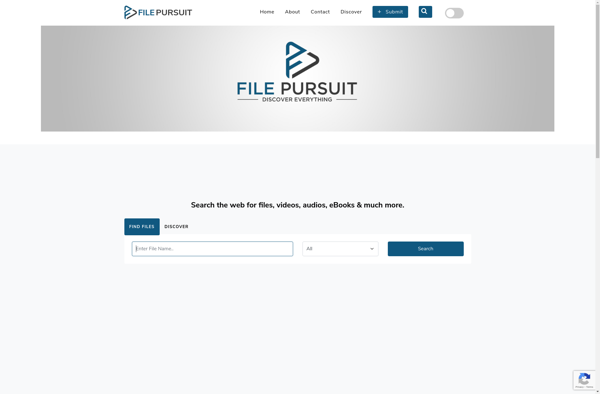File Search Engine
File Search Engine: Comprehensive Software Tool for Easy File Finding
A file search engine is a software tool that allows users to search for files stored on their devices or in the cloud. It indexes files based on file names, content, metadata, and locations, enabling quick searches to locate documents, media, emails, and other file types.
What is File Search Engine?
A file search engine is a software application designed to help users easily find files stored on their devices or in cloud storage services. It works by indexing all files based on key attributes like file names, content within files, metadata, and file locations or paths. When a user enters a search query, the search engine scans its index and returns results matching the search criteria.
File search engines provide a faster and more powerful way to locate files compared to the basic search capabilities built into operating systems. They allow searching based on partial names, content inside files, tags, dates modified, file types, and other metadata. Advanced search options like boolean operators, wildcards, and filters further refine and zero-in on relevant files.
Some key benefits of file search engines include easy retrieval of files scattered across multiple folders and drives, eliminating the need to browse folders manually. They facilitate collaboration by letting teams search shared remote file storage systems. File search helps mitigate data sprawl and the accumulation of duplicate files over time. Leading products offer additional capabilities like previews, version histories, access controls, and integrations with popular cloud services.
Examples of popular file search engines include Windows Search, Mac Spotlight, agent Ransack, Docfetcher, Araxis Find, Locate32, and Toyon Research’s File Locator Pro. While the basic Windows and Mac tools are built-in, third-party software provide more customization and indexes additional metadata attributes for deeper file search capabilities.
File Search Engine Features
Features
- Indexing and searching files across local drives, cloud storage, and network shares
- Advanced search capabilities with filters for file type, size, date, and more
- Previewing file contents without opening them
- Organizing and managing search results
- Integrating with popular productivity apps and cloud storage services
Pricing
- Freemium
- Subscription-Based
Pros
Cons
Official Links
Reviews & Ratings
Login to ReviewThe Best File Search Engine Alternatives
Top File Management and File Search and other similar apps like File Search Engine
Here are some alternatives to File Search Engine:
Suggest an alternative ❐Bitport.io

FilePursuit

Put.io

Digitile

Offcloud
